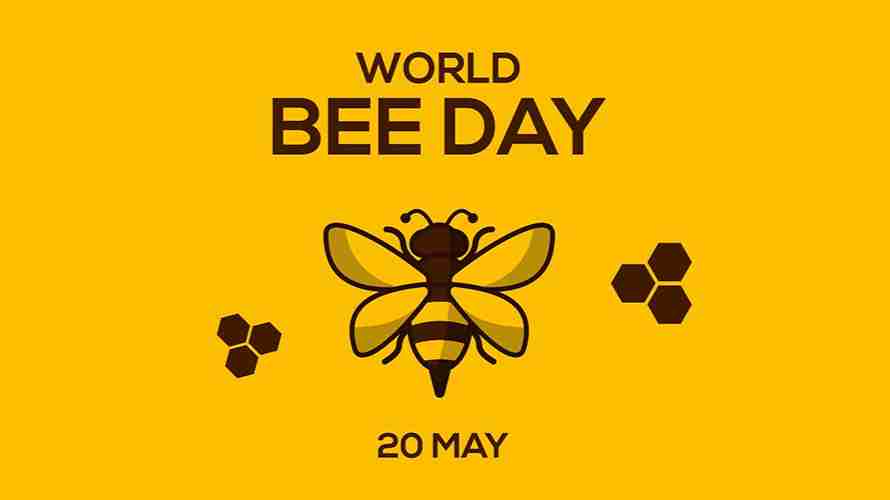Crop pollination is crucial for crop survival and feeding the world population. Eighty-seven of the one hundred fifteen crop species that make up most of the global food supply depend on bee pollination. Close to 75 percent of the world’s crops producing fruits and seeds for human use depend, at least in part, on pollinators. The value of the U.S. food crops that depend on pollination by bees alone is estimated at $16 billion. Combining this with general insect pollinators, the number jumps to $29 billion.
Most pollinator species are wild, including more than 20,000 species of bees. The ability of bees to adapt to local environments has resulted in a wide range of bee species and races living in different regions of our planet. Several species (and subspecies) are kept by humans for honey production or pollination services. They include:
- The Western honeybee (Apis mellifera) species, standard in Europe, Middle East, Oceania, Americas, Africa and West Asia. It is likely the most well-known type of honeybee.
- Eastern or Asiatic honeybee (Apis cerana) is another honeybee managed by humans. It is native to East and South Asia.
- Stingless bees (Melipona spp.) This social bee, with limited adaptation to cold conditions, is found in the tropics.
- Bumblebees (Bombus spp.), a prolific, brightly colored bee, is found in almost all regions around the world. It is a very important crop pollinator.
Our food security, nutrition and the health of our environment depend on bees and pollinators. In many areas, bees, pollinators and many other insects are declining in abundance and diversity.
May 20th is World Bee Day. It’s celebrated to draw attention to the importance of bees and other pollinators. This year’s theme “Bee engaged in pollinator-friendly agricultural production”, calls for promoting actions by individuals, society, organizations, and governments for improving the diversity and abundance of bee habitats—all while showing support for beekeeping.
The date for World Bee Day, chosen for by the UN General Assembly in 2017, was the birthday of Anton Jansa, a modern apiculture pioneer from 18th century Slovenia.
Test your bee knowledge and take the Bee Quiz: What’s the buzz about bees? (fao.org)

